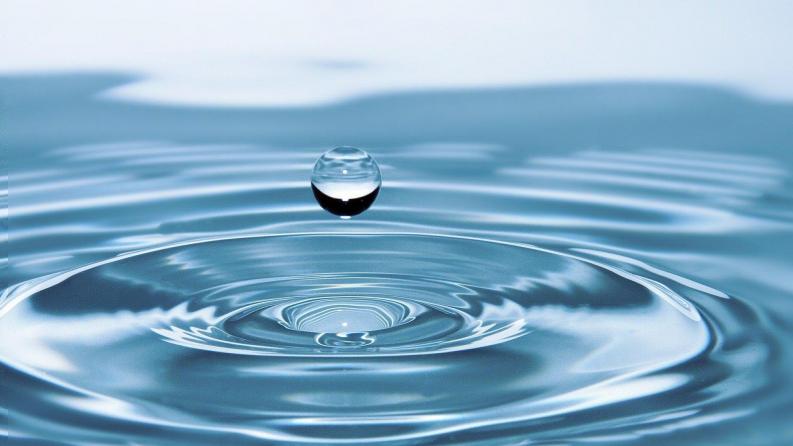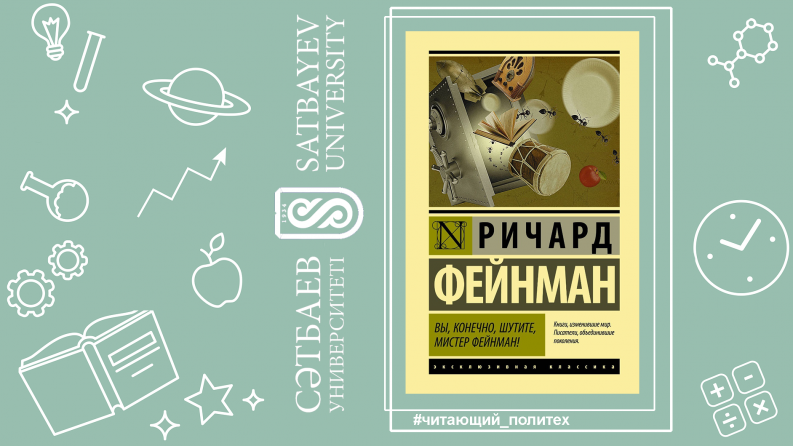The problem of drinking water always remains relevant

The results of research in the field of hydrogeology are crucial for humanity. According to scientific research, 74% of the globe is covered with water. However, there is a shortage of water all over the world, especially clean drinking water.
Based on UN, almost half of the world's population suffers from water scarcity. According to experts, more than 780 million people worldwide do not have access to clean drinking water. And 1.7 billion people need fresh water. Thousands of people annually die owing to the lack of clean water and unsanitary conditions in the world. Most of them are children.
Although not so acute, there is also a problem with drinking water in Kazakhstan. The groundwater resources of our country have been scientifically studied as well as a hydrogeological map has been compiled. The map clearly shows which river or lake originates from, the size of the reservoir (depth, area, etc.) and all groundwater reserves. The science that studies the appearance, location, composition and movement of groundwater is called hydrogeology.
Groundwater resources are replenished due to precipitation, glaciers, as well as large rivers with fresh water sources. Such large rivers as Ili, Irtysh, Ural, Talas, Syrdarya come to our country from neighboring countries, in particular, from China, Russia, Uzbekistan and Kyrgyzstan. Due to demographic growth and increasing sources of water consumption, the reserves of these waters are decreasing from year to year. The rational use of water is regulated by interstate agreements.
There is Scientific Research Institute of Hydrogeology in Kazakhstan. In addition, Kazakh National Research Technical University named after K. I. Satbayev has Hydrogeology, Engineering and Geology of Oil-Gas Department. Besides training, the department teaching staff is engaged in scientific research of fundamental sciences in the sphere of hydrogeology and engineering geology, water resources, geoecology. The university also has Master's and Doctoral educational programs in hydrogeology and engineering geology.
According to Regional Development State Program, all settlements should be provided with drinking water. Our university’s scientists are working in this direction too. In recent years, on instructions of Turkestan, Zhambyl and Almaty regions’ administrations, more than 150 settlements have been provided with drinking water. There was developed the design and estimate documentation for hydrogeological and engineering-geological surveys on a scale of 1:200,000 in conformity with K-42-XII on behalf of South Kazakhstan Interregional Department of Geology and Subsoil Use under Ministry of Ecology, Geology and Natural Resources. Moreover, research programs that are particularly important for the country have been approved and major projects have been launched as well.
Currently, in some areas of the country, especially in large cities or densely populated areas, groundwater pollution is observed due to industrial waste and subsurface use. To determine the degree of water pollution, Ministry of Ecology, Geology and Natural Resources partially conducts special monitoring and research.
Kazakhstan is rich in natural and useful resources of fresh and brackish groundwater. A significant part of them has been studied, and the norms of rational use of water resources have been approved by the relevant state bodies.
A number of developed countries deal with artificial replenishment of groundwater by desalination of sea salt water using the nuclear reactors. Kazakhstan also uses this method. For example, this method was applied to supply water to Aktau city. Perhaps it will find wider application in the future.
It is necessary to intensify the search and development of artesian basins with rich water resources. As demographic growth increases around the world, due to water scarcity, people are moving to areas richer in water.
Groundwater reserves are approved for operation for 25 years. Every 25 years, water reserves are re-examined and balanced. This process is carried out systematically in accordance with Water Code.
Special sanitary requirements have been established for drinking water supplies. The norm of water consumption per person per day is also established: 700-800 liters per capita per day in urban areas and 140-160 liters in rural areas. Hydrogeological prospecting and exploration works are carried out to provide the population with drinking water and compliance with consumption standards.
Groundwater reserves in the republic are located unevenly. This is due to hydrogeological conditions of the region and, in turn, affects the timely provision of drinking water to the population.
In the northern and western regions of the country, due to hydrogeological situation, there is a weak formation of groundwater resources. And the southern and eastern regions of Kazakhstan have large reserves of groundwater.
Water saving, optimizing the use of water resources will require more in-depth scientific research in the future. It is necessary to increase the efficiency of irrigation system to 0.75, save water resources by 30%, increase yields by 1.5-2.0 times. Restoration of irrigated lands, including the introduction of mechanized and small-scale irrigation, should begin in the coming years.
The water supply of Kazakhstan's pastures can be improved through constructing the artificial water sources, including mine and drainage wells. One of the most important issues is the introduction of circulating and closed water supply systems in water-intensive industries and municipal facilities, as well as the conservation and use of sustainable water resources, including groundwater.
Yergali Auelkhan,
Associate Professor of KazNRTU named after K.I. Satbayev,
candidate of technical sciences










